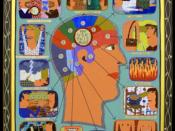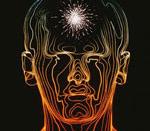Science does not as yet have a full understanding of the universe. However, it is suggested that with increased technology and theoretical advance, it may be only decades before this is achieved. Do you agree this is possible? What might be the consequences?
Science is, at its heart, a quest; a quest whose goal is to create an understanding of the universe. In effect, science attempts to quantify reality. It does this in many ways; through experimentation and observation, through theorizing and testing. This quest has been undergoing since the birth of mankind and yet the further we go the further away the end of the quest seems to be. Despite this, it has been theorized that man will eventually understand the universe through science and its relentless quest for knowledge. Not only has it been said that this is likely, but it has been said that this understanding lies mere decades away from the present.
Is this possible, not only mere decades from the present, but is it possible, at all, to achieve an understanding of the universe? In short, no. The extended answer, however, takes a little more time.
First, to begin the answer to this question, it is necessary to understand what is meant by understanding the universe. First of all, the word "understanding", according to Funk and Wagnalls standard desk dictionary (Deluxe edition, 1964), means "the act of one who comes to know the meaning or import of; who apprehends". Well, in the realm of science(1), understanding the universe would probably entail the creation of a TOE (Theory of Everything). The TOE is to the theoretical physicist as the holy grail was to King Arthur; it is the most desirable peak of achievement. To the uninitiated, a TOE is a theorem that explains, literally,


